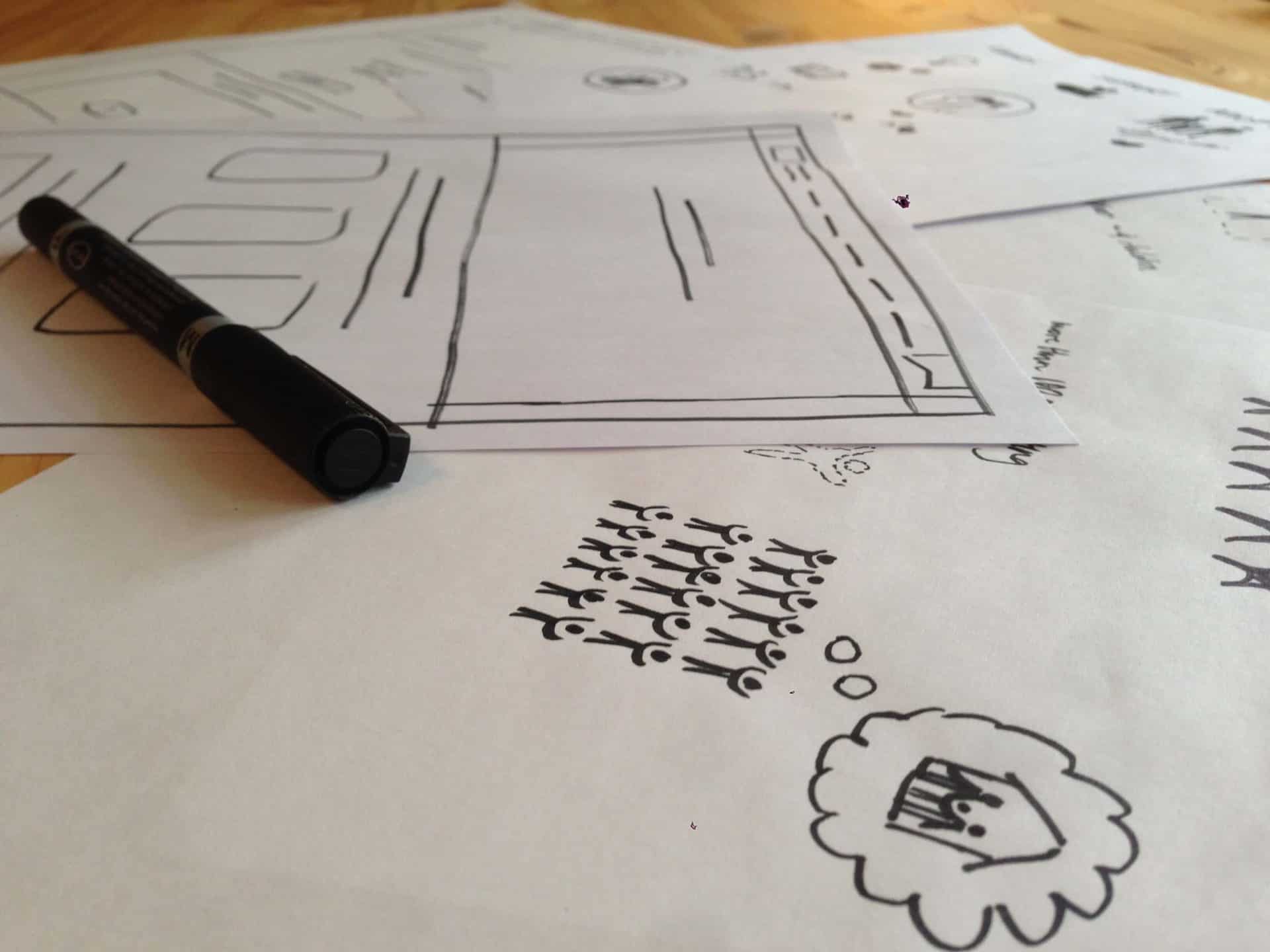On April 14, the CauseLabs team signed up for the free Human Centered Design (HCD) course hosted as a collaboration between Acumen and IDEO.org. If you’d like to sign up for this course, it may still be open for enrollment, but if not, they host it annually and our team takes it as a refresher as well as a way to train new team members. Visit acumenacademy.org to find this and other valuable courses.
Why take an Introduction to HCD course when we live, breathe, and work in it every day, you might ask? Much like the first exercise in the course, there is great value in taking a beginner’s mindset even when we’re well versed in a subject. Another way to look at it is from the perspective of reading and studying. I can think of several books that I’ve read multiple times.
We glean new insights with multiple readings. By going back to our roots to practice the core methods we open ourselves to new learning and collaborative discovery. We find ourselves in different places each year – as individuals, as a team, and now more than ever, as a society.

One thing that has transformed this year for many taking the course is the inability to host in-person collaboration meetings. As a distributed team, CauseLabs has navigated through this and other courses virtually for years. As advocates of the Human-Centered Design process and in support of our friends at Acumen and IDEO.org, we would like to share our templates for navigating a virtual collaboration workshop for each of the five Introduction to HCD course modules.
There are instructions for how we use these templates here. There are definitely changes related to how our team is set up to take the course (mostly around our time as a group vs. working asynchronously.) These are Google Docs and Google Slides files that you can save to your Drive and modify to meet the needs of your group. We hope this helps.
HCD Course Update
UPDATE: On May 13th, the template for Module 3 was updated as it had some artifacts from a previous working session. On the Insight Slides, those insights are undefined and should come from your specific research. You may access the new template at the same link below. This is a reference in case you already downloaded it. Many thanks.

